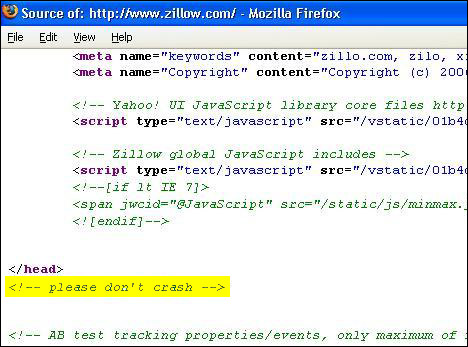 Traditionally, BHB is a blog where authors plant seeds of information in the minds of readers from all over the nation (and globe if you will). Today, rather than give advice, criticize something or tell you my thoughts about the RE industry, I pose a question based on a bizarre dream I had last night (and my own ignorance):
Traditionally, BHB is a blog where authors plant seeds of information in the minds of readers from all over the nation (and globe if you will). Today, rather than give advice, criticize something or tell you my thoughts about the RE industry, I pose a question based on a bizarre dream I had last night (and my own ignorance):
Have you ever worked with a blind, deaf or special needs client? What considerations were made? How does a blind person know the home is not in disrepair? If someone is disabled, how does that change your search to narrow down homes to purchase? Are closing documents available in braille? How long does a closing take in sign language?
Most of you know I’m not a Realtor (rather a Realtor sidekick), but I do spend most hours of my life focused on my husband’s clients and business. I think most people are scared to ask stupid questions… but not me!
So, tell me (and the readers) about your biggest challenge when representing buyers or sellers with special needs- knowing laws and how to handle special situations can prepare new agents and new readers for potential clients! Knowing how to catch a curveball (baseball allusion for Jeff) in advance of the pitch makes any batter more confident when it’s time to step up to plate!
 I was running in a local park a few days ago. The road into the park is about a half mile long and barely wide enough for two cars to pass in opposite directions, thus there are “NO PARKING AT ANY TIME” signs on both sides the entire length. As I drove in two mini-vans were parked next to a field, and I waited as two other cars coming the other direction passed. Three women were in the field chatting and setting up cones, perhaps for a relay.
I was running in a local park a few days ago. The road into the park is about a half mile long and barely wide enough for two cars to pass in opposite directions, thus there are “NO PARKING AT ANY TIME” signs on both sides the entire length. As I drove in two mini-vans were parked next to a field, and I waited as two other cars coming the other direction passed. Three women were in the field chatting and setting up cones, perhaps for a relay.

